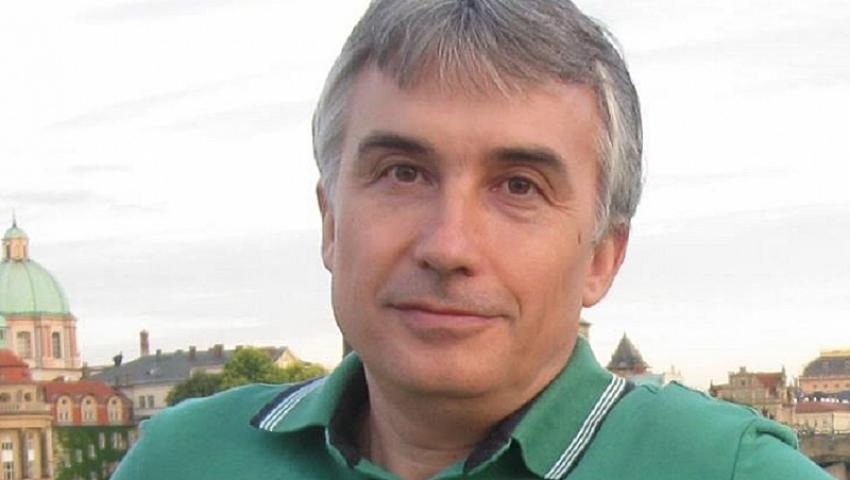Think Tank: Diversification of Natural Gas Supplies Is Incomplete

Currently, the diversification of natural gas supplies in Bulgaria is incomplete, Plamen Dimitrov of the Bulgarian Geopolitical Society told a BTA-hosted news conference on Monday. According to him, one of the reasons lies in the existing contract with Gazprom which does not allow Bulgaria to change the supplied quantities of natural gas.
Dimitrov recalled that Bulgaria has signed a long-term contract with Gazprom for some 3 billion cu m of Russian natural gas supplies annually. Under a take or pay provision Bulgaria has to buy at least 80 per cent of these quantities. The contract expires at the end of 2022.
Bulgaria will receive from Azerbaijan 1 billion cu m of natural gas if a contract with the gas company of this country is implemented in its full volume.
Prior to the COVID-19 epidemic natural gas consumption was at 3 billion cu m and now it has shrunk by 10-15 per cent. Dimitrov said that there are excess quantities of gas, which have to be sold.
Dimitrov argued that for now the Azeri gas can be sold because it is cheaper than Russian supplies. However, the price of Azeri natural gas is set based on oil prices, while the price of Russian natural gas is set based on prices at European gas hubs. This explains why Russian gas was cheaper in the summer, whereas Azeri gas was more expensive, but now it is the other way around. Dimitrov said that none of contracts for supply of natural gas lists fixed prices but only a price formula, which is why prices vary from month to month.
According to Dimitrov the second reason for the lack of full diversification is the delay in the construction of the interconnector between Greece and Bulgaria.
The 182-km interconnector between Komotini in Greece and Stara Zagora in Bulgaria, will supply Azeri natural gas and liquefied natural gas from a terminal in Alexandroupolis. A memorandum of understanding for the project was signed back in 2009 and a joint company, ICGB, was registered in 2011. The initial plan was to commission the pipeline in December 2014 but seven years later it is still under construction.
Dimitrov believes that once the interconnector between Greece and Bulgaria is completed and when the contract with Gazprom expires and the quantities of Russian natural gas supplies are renegotiated, the diversification of Bulgaria's natural gas supplies will be complete.
